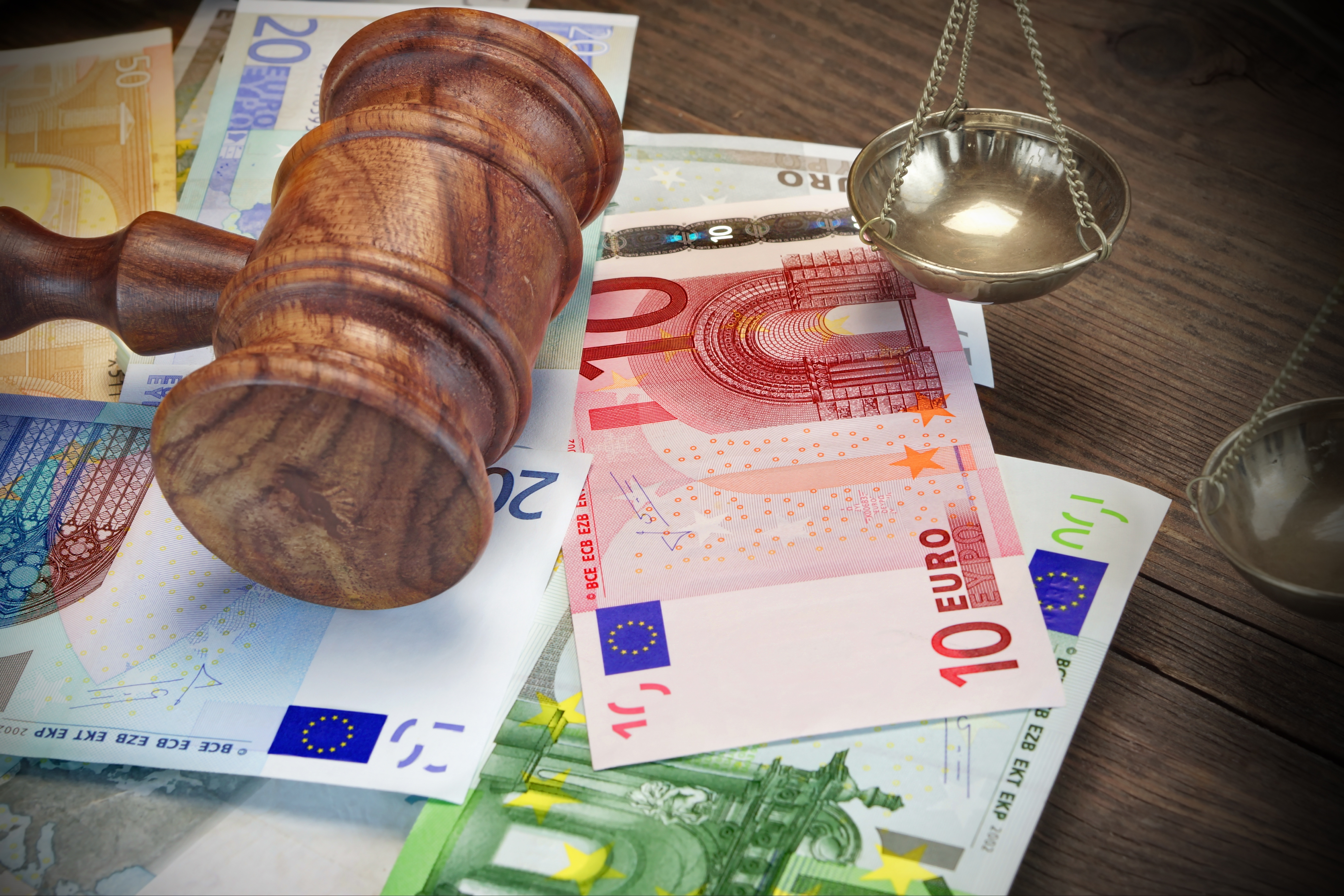In 2022, a former high-ranking official at a major tech firm leaked 124,000 confidential documents to a newspaper that shared the information with the International Consortium of Investigative Journalists (ICIJ). The whistleblower claimed they proved the organisation had “massaged the facts” in order to ingratiate itself with politicians, consumers and potential employees as it expanded its business from the US to the European Union.
The whistleblower, an EU national, had been in charge of dealing with regulators in the company’s new territories. He claimed that he made his report after feeling remorse. He also wanted to expose the activities of senior executives, whom he had witnessed purposefully breaking the law in a number of countries in which they wanted to establish a presence.
Background
The firm in question had revolutionised an existing industry in the US thanks to its innovative approach to serving customers using an app. After success in its homeland, it looked to expand its business into new markets. However, its business model was, at best, controversial with existing workers within the industry in those countries and, at worst, illegal in those jurisdictions.
The files showed that the company spent vast amounts of venture capital funding on undercutting operators already working in that industry, offering enticements and promises of a pricing model that it could never sustainably deliver to prospective partners and lobbying powerful politicians to effect law changes in its favour. Many of the meetings with political figures were not documented or disclosed at the time, raising questions over the democratic process.
In countries where it was not successful in changing laws, it operated under the pretence of following local legislation, but the leaked documents show that executives knew that the company was in fact working in contravention of labour laws and other regulations.
A message that was leaked reveals that the CEO at that time urged the company's executives in European Union countries to persuade employees to oppose the protests that were emerging against the company’s way of doing business. The CEO was cautioned that this course of action might provoke violence against the company’s employees. However, the CEO responded by asserting that, if such violence occurred, the company could exploit the sympathy generated towards their employees to gain an advantage in negotiations with legislators.
It was also revealed that the company employed an internal system that locked down sensitive information in the event of a raid by authorities, hiding potential evidence that could be used in investigations.
The result
The bank said publicly that it takes such matters seriously, and the utilisation of an external law firm to investigate shows that to be true. However, had the bank implemented a more robust compliance programme, it might have avoided the situation altogether. The more an organisation nurtures an ethical culture, the less likely it is to have to deal with such events. Employees should be clear about what constitutes an appropriate and an inappropriate activity for a work event. Even though the strip club trip took place after working hours, it involved a group of colleagues and took place on a work trip. So, it is impossible to disassociate the actions of the colleagues from their employment. Without the appropriate culture and clear guidelines to help employees make ethical choices, there is a greater risk of inappropriate behaviour leading to costly investigations.

How to create a culture of compliance
The revelations were hugely damaging for the company, showing that misconduct was rife and even sanctioned by executives. By the time the whistleblower’s report was published by the ICIJ, the senior management team had been replaced and the company requested that consumers and lawmakers judge the organisation on its current record, not that of a previous regime.
However, the report led to protests and calls for investigations into some of the politicians who were seen to have facilitated the wrongdoing. The company’s share price fell immediately by more than 5% and it continues to be associated with the revelations in the leaked documents.
What should have happened
The culture in the business was such that misconduct was widespread and even valued by senior management. The whistleblower clearly felt that reporting internally would be fruitless and so went to the press. This meant that the new management of the company missed an opportunity to manage the narrative. They had to suffer the consequences of the previous board’s activities.
An internal reporting channel, such as IntegrityLog, allows whistleblowers to voice their concerns internally in the first instance and for the business to investigate and stop any wrongdoing found to have occurred. This way, the company is shown to be serious about tackling misconduct. This makes it easy to avoid regulatory sanctions and reputational damage.
To find out how you can streamline whistleblower reporting and investigation, request a demo of IntegrityLog or request a 14-day free trial today.
References and further reading
- How to build a speak-up culture
- How to create a conduct risk policy
- How to align leadership and compliance
- How to prevent unethical behaviour
- How to write a code of conduct





